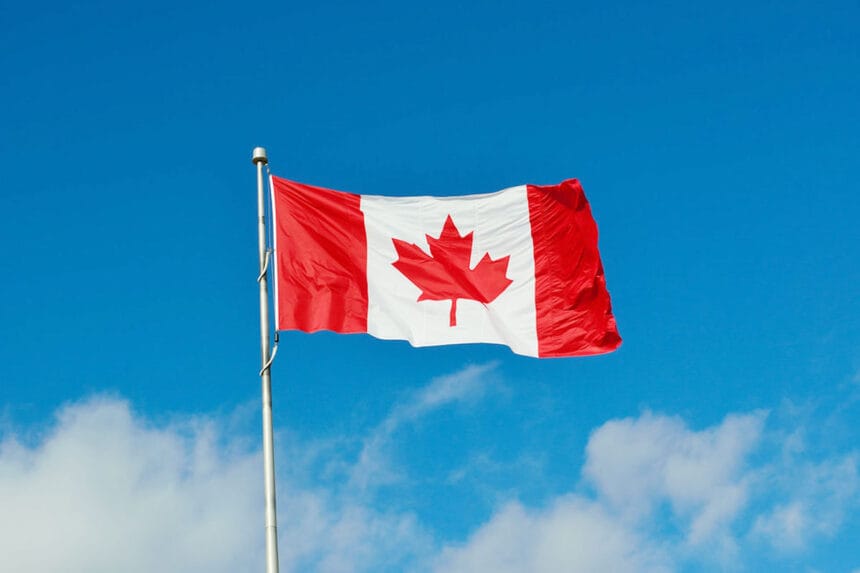October 2024 – Ottawa, Canada – After years of delays and ongoing debate, the Government of Canada is moving forward with a comprehensive ban on most flavored vaping products. This decision, championed by Minister of Health Mark Holland and supported by several health advocacy groups, aims to address the growing public health concern surrounding youth vaping. The ban will restrict the sale of all vaping flavors except for tobacco, mint, and menthol, which are deemed less appealing to young users.
The legislation comes in response to rising concerns over the role flavored vapes have played in the significant increase in youth vaping rates. Health Canada officials have pointed out that flavors such as fruit and dessert varieties are a major factor in attracting underage users to vaping. Minister Holland emphasized the importance of this measure, noting that, while vaping may serve as a harm reduction tool for adults, its unrestricted use has contributed to nicotine addiction among a new generation of Canadians.
“The flavor ban is a necessary step in protecting our youth from the harmful effects of nicotine addiction,” said Minister Holland during a recent press conference. “Our priority is the health and well-being of all Canadians, particularly the young and vulnerable.”
Opponents of the ban, including the Canadian Vaping Association and Rights 4 Vapers, argue that the restrictions may drive many adult users back to smoking cigarettes or into the hands of illicit markets where vaping products remain unregulated. Advocates for tobacco harm reduction, such as Maria Papaioannoy of Rights 4 Vapers, highlighted that flavors are a critical tool for many adult vapers in their journey to quit smoking. “This ban risks undoing years of progress in reducing smoking rates, as flavored vapes have helped countless smokers switch to a less harmful alternative,” she noted.
Despite the opposition, the government has remained firm on its commitment to reducing youth vaping, while acknowledging the potential for unintended consequences, such as the rise of black market sales seen in other jurisdictions like Quebec and Australia.
The ban is expected to take effect in the coming months, with further details on enforcement and regulatory oversight to follow.











